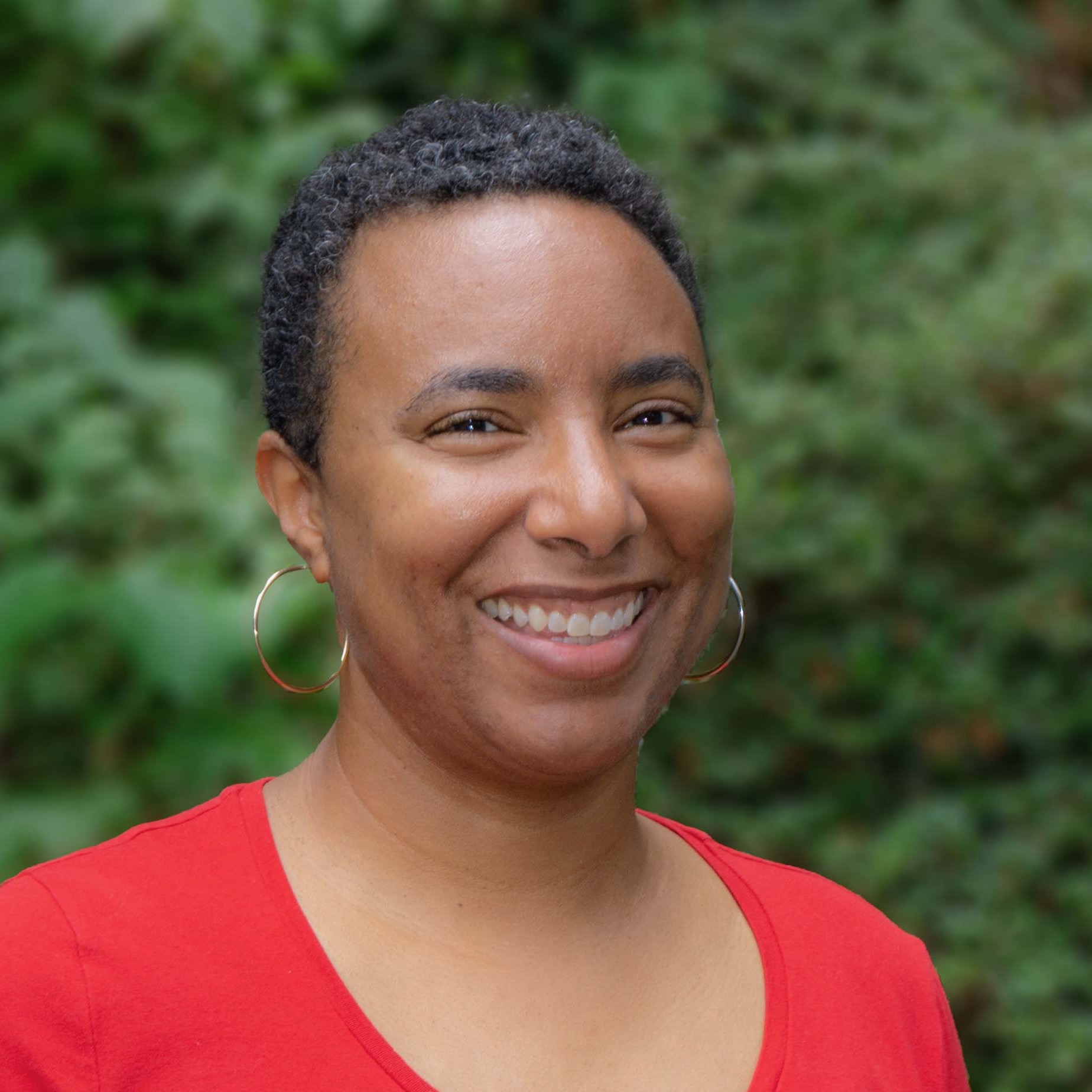Summoned to a Different Kind of Belonging
When I say כי בנו בחרת ואתנו קדשת מכל העמים (“You have chosen us from among all the peoples and made us holy” — recited over the wine in the Friday evening kiddush), I am not celebrating victory in an ethnic competition for divine favor. What I am celebrating is being summoned out of the regime of race (מכל העמים) to be a people predicated on a different kind of belonging, a belonging not constrained by the identity rules that govern life in the United States.
I am marveling that there is as much diversity within the Jewish people as there is within humanity writ large; we are מכל העמים, of all peoples. And I am relishing the subversiveness of my being the one to say כי בנו בחרת after the Jewish community’s rejection of my parents’ interracial marriage and its potential offspring, just as I relished every time I summoned my son to join a Covid lockdown Zoom service that needed him to make a minyan, soaking up the symbolism of the group being incomplete without him.
Chosenness is about God embracing those whom people have rejected, delighting in those whom others regard with disdain.
The Perspective of the Excluded
My understanding of chosenness develops from the perspective of those excluded from the Enlightenment’s putative universalism. As the BBC documentary Racism: A History explains, the Enlightenment’s
popular democratic principles were never universally applied. Choose any intellectual giant of the Enlightenment and almost without exception, you will have chosen a proponent of equal rights who really believes that some men are more equal than others.
This discrepancy was reflected in the founding of a country that celebrated liberty and equality while allowing people to be enslaved. Accordingly, while the Enlightenment bequeathed to some the challenge of reconciling particularistic perspectives with universal norms, it bequeathed to those othered, the importance of religion as a site of resistance and reimagination. Our very humanity was at stake.
To those [who are] othered, the importance of religion [is] as a site of resistance and reimagination.
God as Subversive
It’s telling that when I contemplate my relationship to chosenness, I find it most vividly associated with the home ritual of kiddush, rather than its public proclamation in rituals like Torah blessings. In this, I follow in the footsteps of African Americans throughout history who have gravitated toward modes of religion that did not require their relationship to God to be mediated through human authorities whose religious understanding was governed by American racial norms. Too often, the price of entry into a religious tradition has been the embrace of our own degradation. So we find spaces of our own in which we can nurture religious expression rooted in the fullness of humanity that the world keeps trying to strip from us.
From the explicitly dehumanizing laws of the past to the contemporary forces that operate more invisibly (such as environmental racism and the ongoing impact of redlining), African Americans have lived in a society that funnels us toward poor outcomes. And God has been a counterpoint to that paranoia-inducing experience. Amid so much power deployed against us, God is a force for our good. Amid the denial of our human worth, God cherishes us as choice — an affirmation central to many forms of African American religion. From this perspective, chosenness is about God embracing those whom people have rejected, delighting in those whom others regard with disdain.
A direct challenge to supremacy.








One Response
Prof. Mbuvi follows Heschel by rejecting the pshat of asher bahar banu mikol haamim and reinterprets it. She chooses to have a relationship with God in which she feels chosen rather than degraded. And like Orwell she chooses to reject our society’s conception of equality in which some are “more equal than others”. Who can argue with this? Certainly not I.
BUT at a time when Israeli nationalism based on the concept of Jewish supremacy is increasingly becoming the de facto content of Judaism, do we want to reintroduce the pshat of chosenness into our liturgy? Certainly not I.